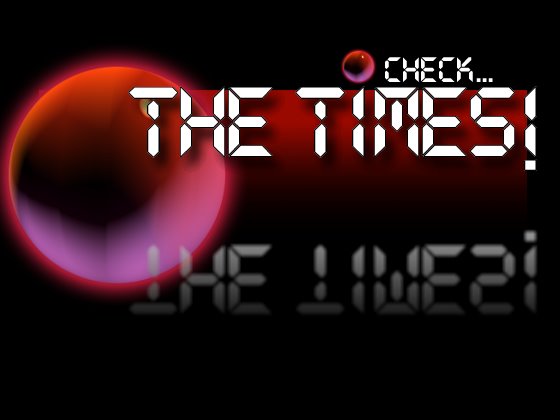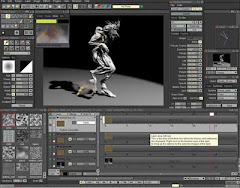More and more devices are following or joining the "touch" bandwagon. and of course iPods are no exception to this. The purpose of "touch" operations is to make the operation of that particular device that much easier... as if iPods need to be any easier to use. This brings me back to the point that is emphasised by the "touch" option. People are passively demanding everything to be faster and more efficient. Everything that we use needs to keep up with the fast pace at which society is moving. It is almost as if we function all that much better when everything is coming towards us at a fast pace. I mean if you have of a cellphone that can change tracks with just one shake of the phone, i guess "touch" technology was the next and most natural route for iPods to take. This further emphasises just ho impatient we have become. Devices are getting smaller with bigger memory and a whole lot faster and more efficient. A large number of these iPods are getting more and more affordable. But as much as a large number of iPods on the market today are easily affordable even on a student budget, I find that a lot of students still opt to purchase the more pricey iPods, all in the name of efficiency, style, memory and most importantly...if its the best iPod out there at that moment.
All in all, i believe that iPods are a fashion statement for a lot of people and this is aided to some degree by earphones. for some people it is just a means of staying in your own little bubble when you desperately need to block out the world, and for others iPods mean a whole lot more than just a means to listen to your favourite music at your own leisure. for example those who devote their entire blogs just for iPods. It tends to be rather scary when you type in "iPod cult" you actually get more than 20 responses. In this way for some people iPods have become some form of a fetish. For some listening to music via the iPod is just a means of getting through the day. It is a means of coping with certain daily activities that we would rather not participate in. However, with all of this said, we have to realise that there is a very thin line between just listening to your iPod and just being plain rude. There is a time and place for everything and some of us music and iPod lovers alike have to learn that iPods are not exempt from that common sense rule.
But i have to agree that iPods are truly a fantastic new media invention. they are multipurpose devices that easily fit in with everybody's personal preference. All this can be owed to the initial love that people have for music and technology alike and not to mention entertainment in general








